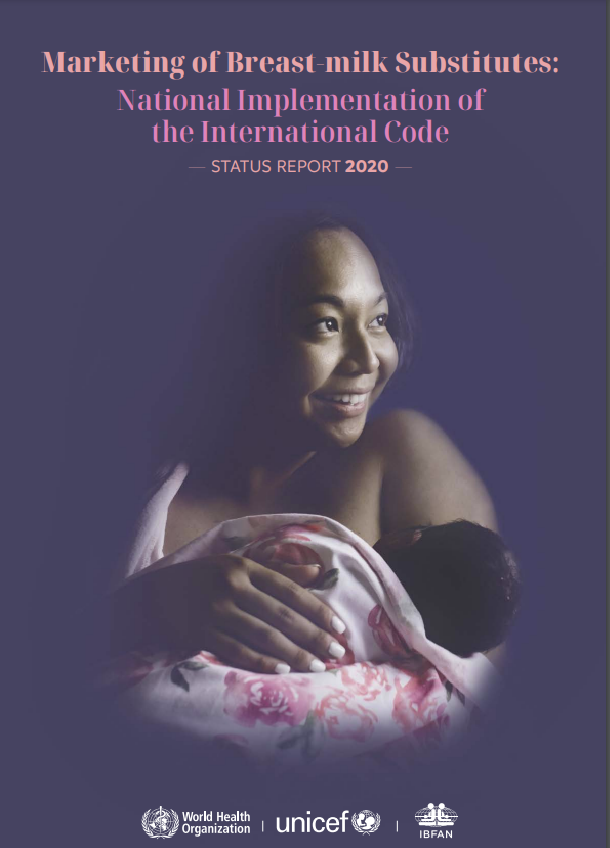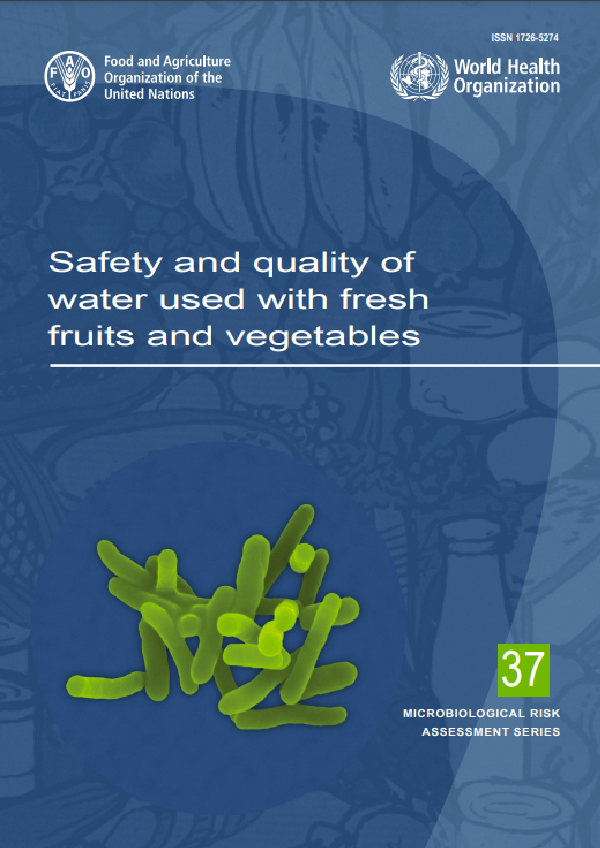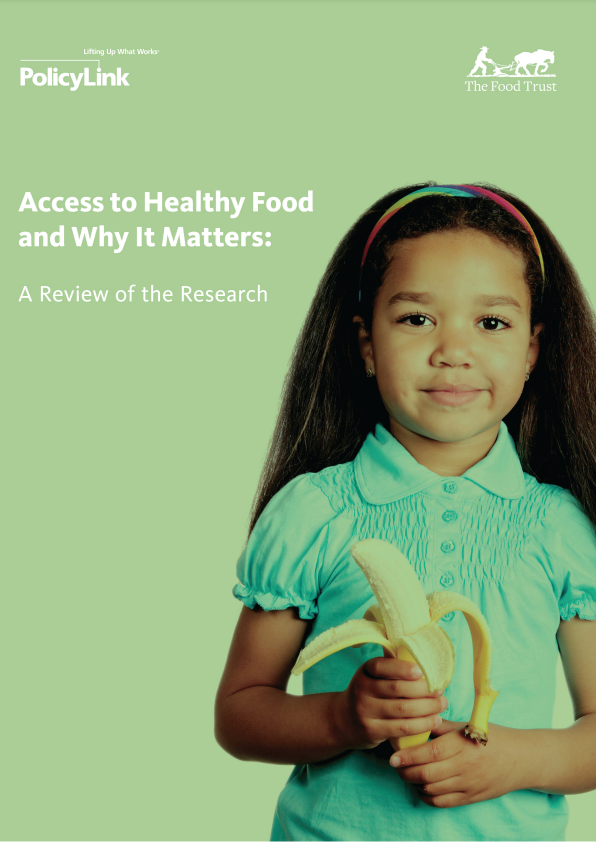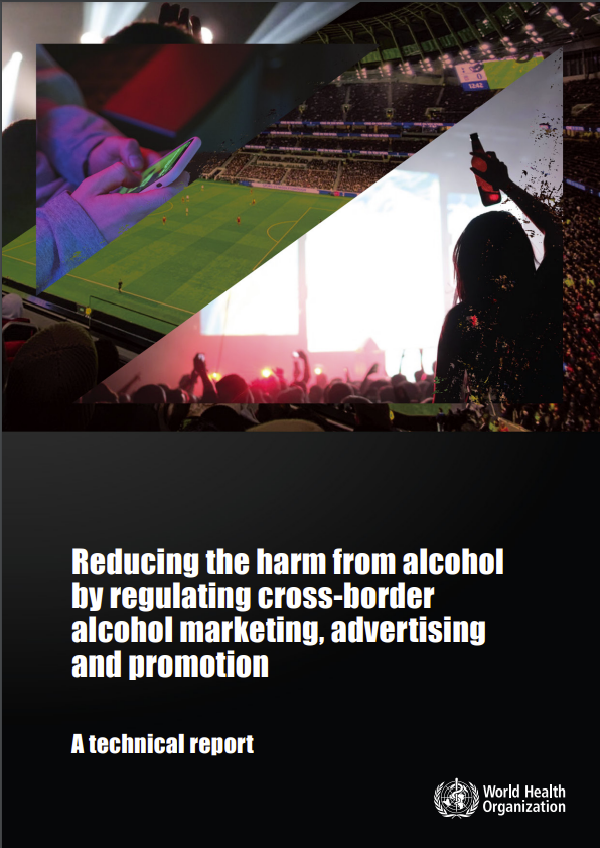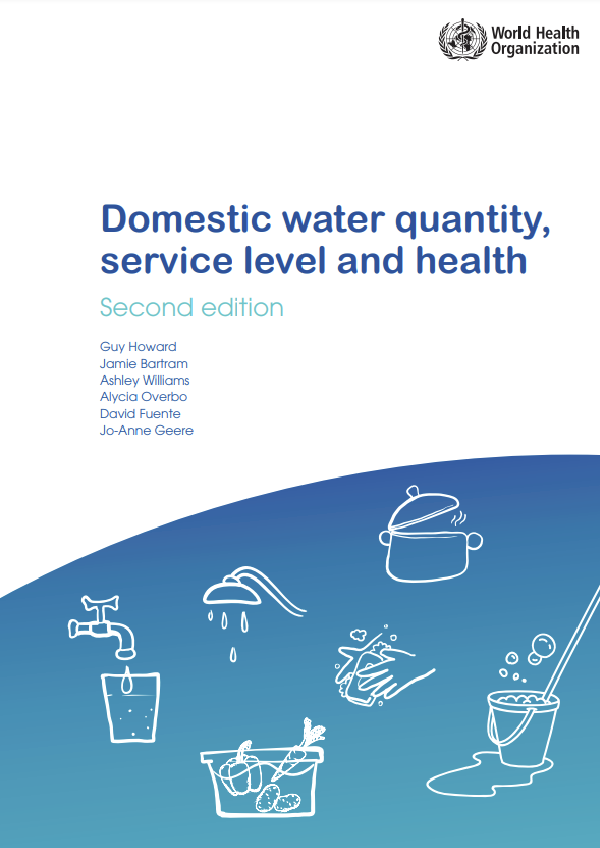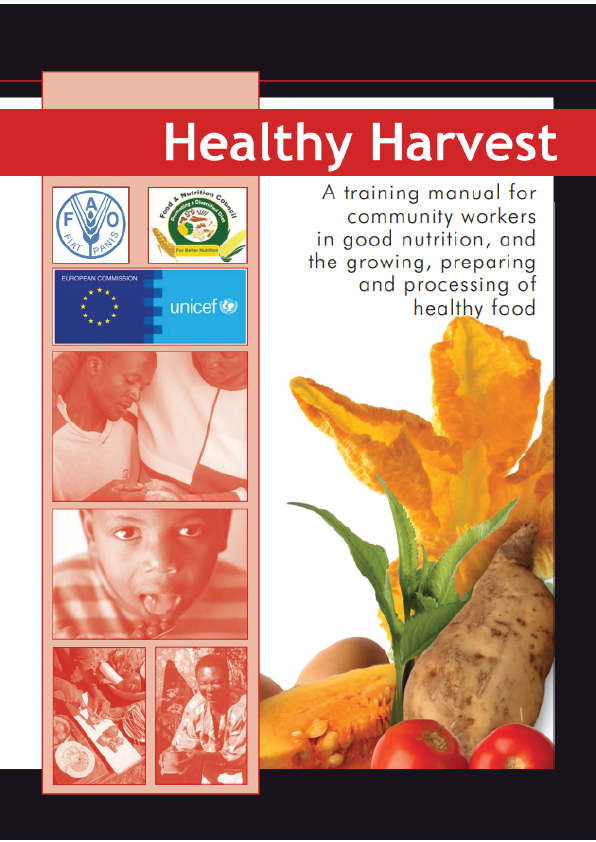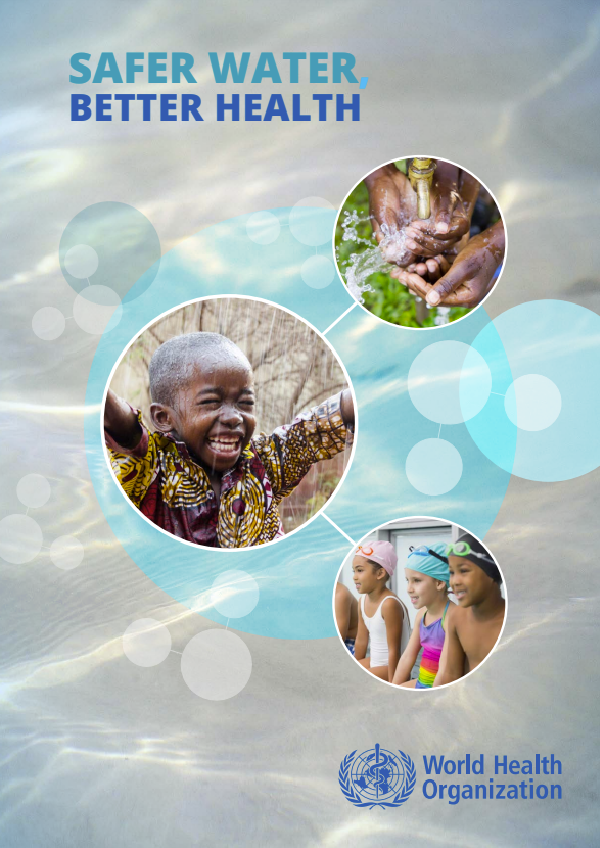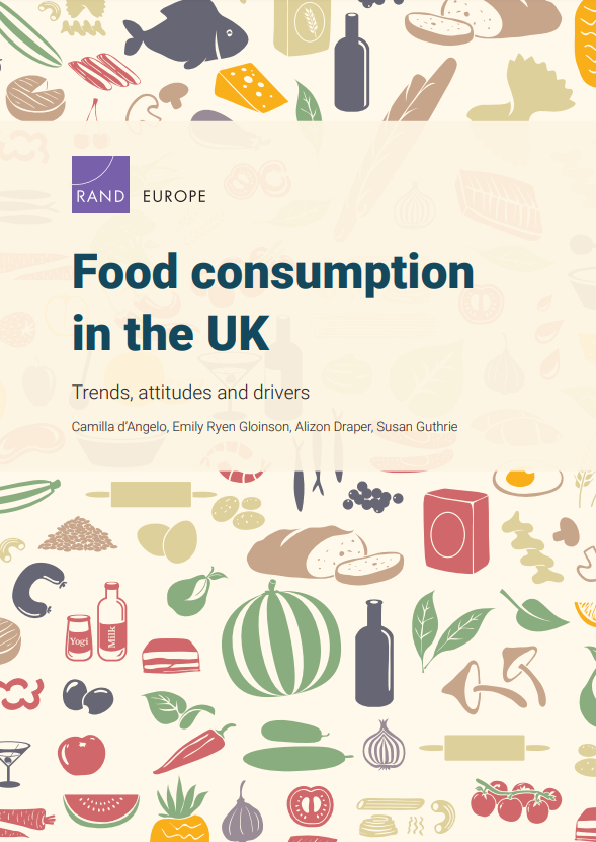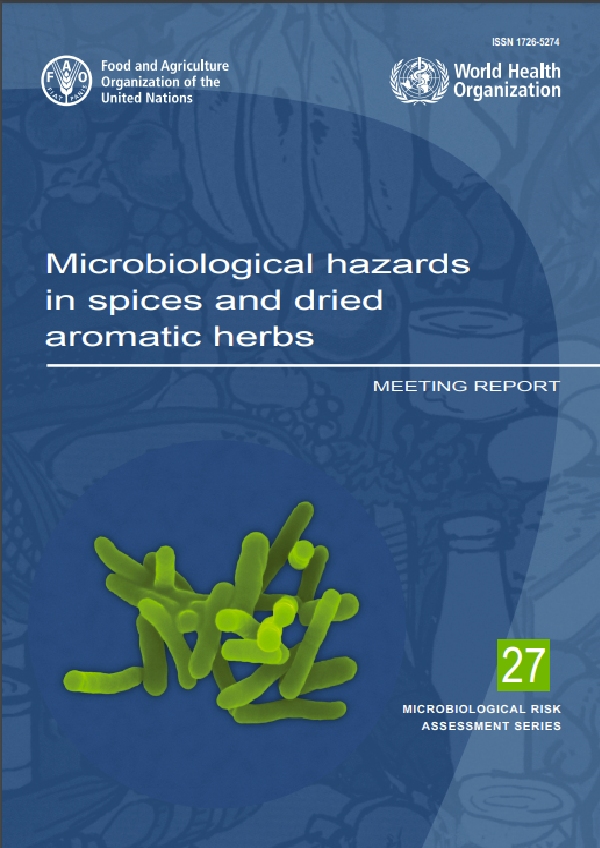Implementation of the International Code of Marketing of Breast-milk Substitutes and subsequent relevant WHA resolutions (the Code) through enactment and enforcement of robust national legal measures is essential to ensuring that parents and other caregivers are protected from inappropriate and misleading information. Implementation also ensures that health workers, their professional associations, and health facilities do not promote BMS or accept support from BMS manufacturers or distributors.
WHO and UNICEF have established a network of civil society organizations to facilitate the development of national Code legislation and to strengthen capacity to monitor and enforce it.3 Network for Global Monitoring and Support for Implementation of the International Code of Marketing of Breast-milk Substitutes and Subsequent relevant World Health Assembly Resolutions (NetCode) partners include Action Against Hunger, Emergency Nutrition Network, Helen Keller International, IBFAN, International Lactation Consultant Association, La Leche League International, Save the Children, and the World Alliance for Breastfeeding Action. Over the past two years, WHO, UNICEF and NetCode partners have continued to implement a variety of actions to reduce the harmful marketing practices of manufacturers and distributors of BMS.
Increasingly, national systems are being developed to monitor adherence to the Code. The NetCode toolkit4 for ongoing monitoring and periodic assessment of the Code, which includes an examination of Code violations in health care facilities, retail, communities and mass media, has been used in 10 countries (Brazil, Chile, Dominican Republic, Ecuador, Mexico, Nigeria, Panama, Sri Lanka, Thailand and Uruguay) to document continued inappropriate promotion of BMS. More than 20 countries have actively pursued the establishment of ongoing monitoring systems to identify Code violations and implement enforcement actions using this toolkit.
WHO, UNICEF and NetCode partners have stepped-up capacity-building efforts. In 2018-19, regional workshops on infant and young child feeding (IYCF), including training on the NetCode monitoring toolkit, were held in Burkina Faso, Egypt, Jamaica, Oman, the Russian Federation, Rwanda and Serbia with a total participation of over 70 countries. In 2019, WHO and UNICEF conducted a training workshop for technical assistance providers to deliver tailored support to governments using the protocols, guidance and tools on how to implement ongoing monitoring and periodic assessment of the Code and national laws. Countries are expected to have access to a growing cadre of technical advisers on Code monitoring and implementation through NetCode partners. In addition, UNICEF expanded its capacity to provide assistance to countries by contracting three legal consultants.
WHO, UNICEF and NetCode partners have expanded their support to 88 countries across the six WHO regions during 2018-19. Thirty-eight countries received assistance to advocate and further strengthen the formulation, monitoring and enforcement of national Code legislation. Many countries (49) received support to periodically assess Code violations, and 16 on using practical and concrete tools for continuous monitoring of adherence to the Code.
NetCode partners released a number of publications on ongoing Code violations in countries. In 2019, Helen Keller International published a supplement on marketing and consumption of commercial foods fed to young children in low- and middle-income countries.5 This supplement illustrates the widespread promotion and high rates of consumption of commercial foods and beverages among infants and young children. The evidence in the supplement underscores the need to implement laws and policies that prohibit promotion of BMS.
In 2018, IBFAN updated its Code Essentials booklets for legislators, policy-makers, health educators, regulators and compliance staff to increase understanding of the importance of effective Code implementation in protecting breastfeeding and optimal IYCF.6 In addition, its Health Worker’s Guide to the International Code of Marketing of Breast-milk Substitutes was updated and published.
Both the NetCode protocol application in countries and various actions by partners have revealed an increased use of digital platforms by manufacturers and distributors for marketing their products. The widespread use of digital marketing strategies for the promotion of BMS is a cause of growing concern. Modern marketing methods that were unavailable when the Code was written in 1981 are now used regularly to reach young women and their families with messages that normalize artificial feeding and undermine breastfeeding. Tactics such as industry-sponsored online social groups, individually-targeted Facebook advertisements, paid blogs and vlogs, online magazines, and discounted internet sales are used increasingly.
In-depth analysis of promotional practices through the use of the NetCode protocol on periodic assessments in selected countries show, for instance, that in Ecuador 18% of new mothers participated in industry-sponsored social groups and activities,8 mostly digital, while in Mexico 84% of 210 advertisements for BMS were internet based.9 In Thailand 83% of mothers reported seeing at least one BMS promotion in the past six months, over one quarter on social media or the internet.
The harmful impact on children’s health and development of commercial marketing, including through digital means, was also highlighted in the 2020 report of the WHO/ UNICEF/Lancet Commission on Children and the Sustainable Development Goals.11 In its report, the Commission viewed commercial marketing for and to children as one of the major new threats undermining children’s well-being, and called for the development of strong legal instruments to better regulate marketing practices, including through the development and adoption of an Optional Protocol to the Convention on the Rights of the Child.
Since 2018 WHO has further examined the extent to which health workers and their professional bodies continue to be influenced by manufacturers and distributors of BMS. WHO Guidance on ending the inappropriate promotion of foods for infants and young children13 recommends that companies marketing such foods should not sponsor meetings for health professionals and scientists. Despite that guidance, 38% of national paediatric associations continue to receive funding for their conferences from BMS manufacturers.14 This situation is increasingly being addressed at the national level through legislation.
This report provides updated information on the status of country implementation of the Code. It presents the legal status of the Code, including to what extent its provisions have been incorporated into national legal measures. The report highlights specific provisions considered to be particularly instrumental in addressing and eliminating promotion of BMS, feeding bottles and teats to health workers and in health facilities. Given the important role of health workers in protecting pregnant women, mothers and their infants from inappropriate promotion of BMS, the 2020 report provides an extensive analysis of legal measures taken to prohibit promotion to health workers and in health facilities.
